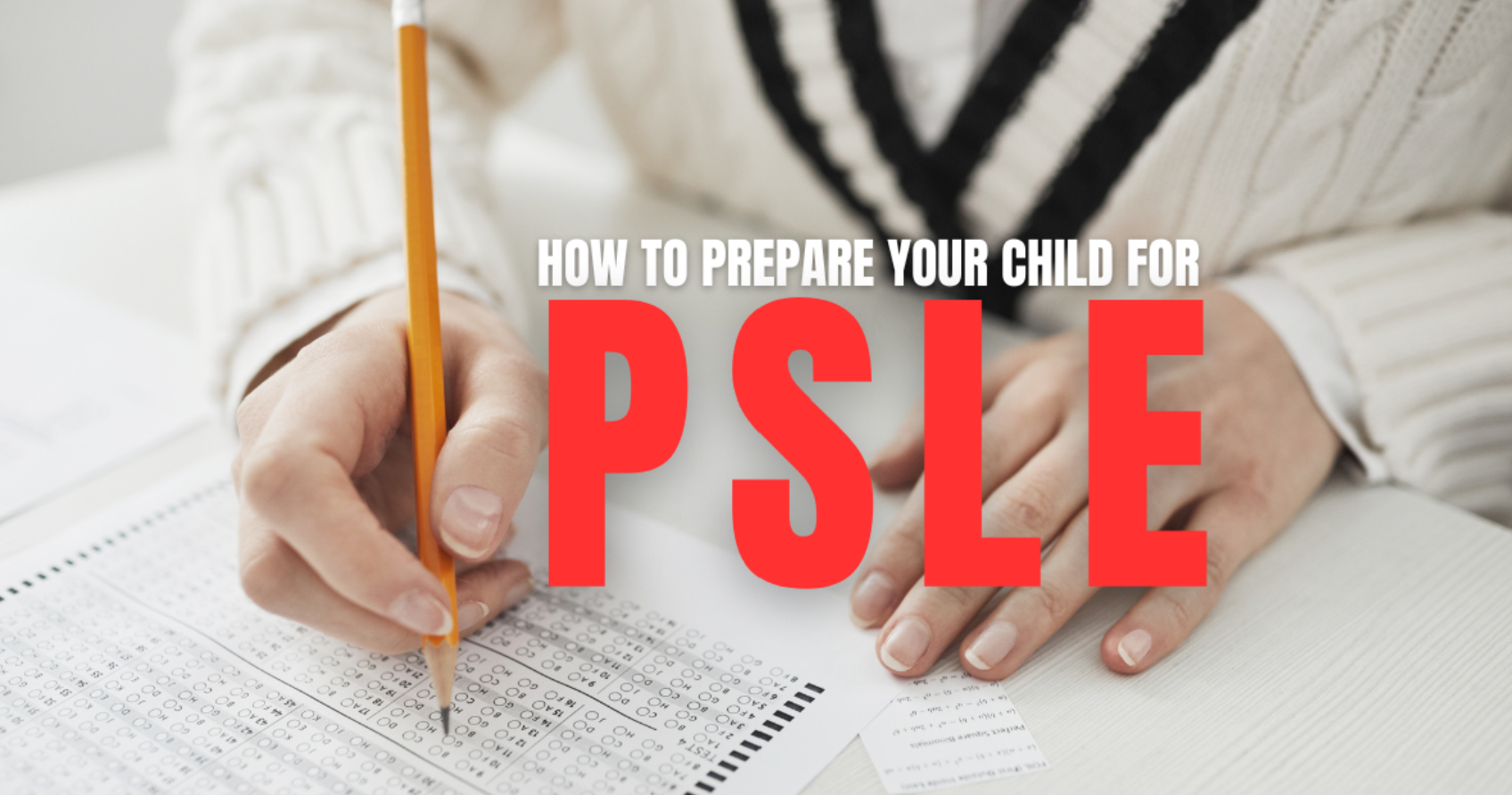Top Study Tips for PSLE in Singapore: How to Prepare Your Child Effectively

Introduction
The Primary School Leaving Examination (PSLE) is a pivotal moment in a child’s educational journey in Singapore. As the first major national examination, the PSLE holds significant weight in determining secondary school placements. For both students and parents, preparing for this exam can be a daunting task. However, with the right approach and strategies, you can help your child navigate this important milestone with confidence.
Finding the Right Tuition Center in Singapore
A tuition center in Singapore plays a vital role in helping students improve their academic performance by providing structured lessons, experienced tutors, and personalized learning support. With a strong focus on subjects like Math, Science, and English, these centers cater to students of all levels, from primary to pre-university. Many tuition centers offer small class sizes, interactive teaching methods, and exam-oriented strategies to ensure effective learning. Parents often choose a tuition center based on factors like tutor qualifications, success rates, and teaching approaches. Whether for PSLE preparation or secondary school subjects, a well-chosen tuition center in Singapore can greatly enhance a student’s confidence and academic success.
Understanding the PSLE
The PSLE covers four key subjects: English, mathematics, science, and mother tongue. Each subject tests different skills, and the cumulative score is crucial for determining which secondary school your child will attend. Understanding the format and content of the PSLE SG is the first step in effective preparation. Common challenges students face include time management, subject-specific difficulties, and the pressure to perform well. By being aware of these challenges, you can better support your child through the preparation process.
Creating a study plan
A well-structured study plan is the backbone of successful PSLE preparation. Start by setting realistic goals and breaking down the PSLE syllabus into manageable sections. A daily or weekly study schedule helps keep your child on track, ensuring that each subject gets the attention it needs. Allocate specific time slots for revision and practice papers, and remember that flexibility is key—adjust the plan as needed based on your child’s progress and comfort level.
Effective study techniques
Different study techniques work for different students, so it’s important to find what works best for your child. Active learning strategies such as note-taking, summarizing, and mind mapping can enhance understanding and retention. Regular practice with past PSLE papers is also essential, as it familiarizes students with the exam format and question types. Consider the pros and cons of group study versus independent study, and explore online resources and educational apps that can make learning more engaging and effective.
Building a Strong Foundation in Key Subjects
Each subject in the PSLE requires a strong foundation for success. For English, focus on improving language skills, comprehension, and composition writing through regular reading and writing exercises. In mathematics, mastering foundational concepts and practicing problem-solving is crucial. Science requires a good grasp of both experimental and theoretical questions, so encourage your child to understand concepts rather than memorize facts. For Mother Tongue, consistent practice in language acquisition and retention is key—this could involve speaking the language at home or engaging in cultural activities.
Stress management and motivation
The pressure of the PSLE can take a toll on your child’s mental and emotional well-being. It’s important to recognize signs of stress and take proactive steps to manage them. Encourage regular breaks, physical activity, and relaxation exercises to keep stress levels in check. Keeping your child motivated is equally important—use positive reinforcement and celebrate small wins to boost their confidence. As a parent, you play a vital role in maintaining a healthy study-life balance, ensuring that your child doesn’t burn out before the big day.
The Role of Tuition and Extra Support
Tuition and extra support can be beneficial, but it’s important to choose the right kind. Consider your child’s learning style and needs when deciding between private tutoring and group tuition. While a private tutor can offer personalized attention, group tuition can provide a competitive yet supportive environment. Don’t forget to utilize school resources as well—consultations with teachers and attending extra lessons can reinforce what your child learns in class.
The importance of a healthy lifestyle
A healthy lifestyle is crucial for optimal performance during the PSLE. Ensure that your child has a balanced diet rich in foods that boost brain power and energy, such as nuts, fish, and leafy greens. Regular physical activity is also important, as it improves concentration and reduces stress. Most importantly, make sure your child gets adequate sleep—sleep plays a vital role in memory retention and cognitive function, both of which are essential for exam success.
Final Preparations Before the Exam
As exam day approaches, focus on last-minute revisions. Encourage your child to review key concepts and practice under timed conditions to simulate the exam environment. Mock exams at home can help your child get accustomed to the pressure of the actual exam. Finally, prepare a checklist for the exam day—ensure that your child has all the necessary items, such as pens, pencils, and their exam entry proof, ready the night before.
Conclusion
Preparing for the PSLE is a journey that requires careful planning, consistent effort, and a supportive environment. By following the tips outlined in this article, you can help your child approach the PSLE with confidence and a positive mindset. Remember, trust in the preparation, and support your child every step of the way. With the right strategies and a strong foundation, your child is well on their way to achieving success in the PSLE and beyond.